

A lot of video games as lately are abandoning single player concepts, instead focusing on competitive multiplayer. As this happens, gamers who enjoy story-rich gameplay, fuelled with emotions and captivating characters, are having less and less choices of games. With this in mind, the small remainder of story-driven games have to ensure that they provide enough story and interest to the gamers who choose to invest in such games. One of the key ways to ensure that gamers stick with story driven games is to create characters with depth. The Villains.

Villains in the past
For years video game developers followed a similar strategy, focussing on the protagonist to achieve this character depth. But there’s a glaring problem here. A protagonist is controlled by the gamer, meaning that if the character has to follow a pre-set story, then the gamer loses their control of the character. The story controls the gamer, perhaps stopping them from doing what they want to do. The character is only controllable when not in a cut scene. You could spend the entire game playing as a silent, non-lethal pacifist, for the final cut scene of the game to manipulate your actions and force you to commit mass homicide.
Then, there’s the first person game issue. How can you relate to a character that has no face? A character whose only piece of body you see of them are their arms and hands, usually loading a gun, to shoot someone with. It’s hard to relate to somebody’s hands, they don’t have a face, or any emotion. Many games have attempted to rectify this issue, introducing third-person cut scenes, Medal of Honor Warfighter comes to mind, but the issue here is that it’s a cut scene, you have lost your control again, and the shift to third-person destroys your prior immersion in the game. Games such as Far Cry tried to make you care about the character, they gave you a backstory, some of that much needed depth, but it wasn’t enough. The interest of gamers went somewhere else, to the villain. And that’s how you create character depth, you create a strong villain.
Villains have always been more interesting than heroes. Darth Vader was way more exciting than Luke Skywalker, and Dastardly and Mutley always stole the show when watching Wacky Racers. So, it’s no surprise that some video games have put more focus and emphasis onto the villains of the games.
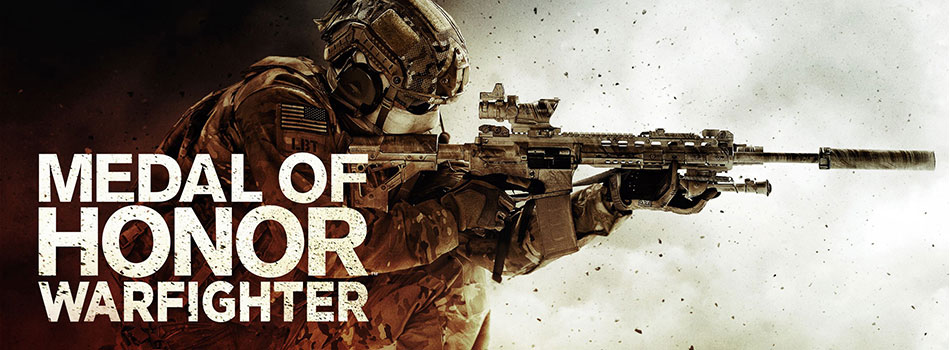
Why focus on Villains?
With the focus put on villains, there aren't restrictions of only seeing a pair of hands and arms, you are consistently looking into the face off evil. Gone are the restrains from lack of control, villains are often unpredictable, so it makes sense for them to be uncontrolled.
Villains have less constraints. They can be anything and can do anything, they don’t have to relate to gameplay mechanics. An example is the Bioshock series. Both Andrew Ryan and Comstock don’t fit into the same mould as other characters in the game, and as they are the main villains, they don’t have to, they can be unique among other characters in the game. They can elicit unprecedented emotions and responses from the gamer, whose character may not even have a level of dimension at all, they could be a silent protagonist, but you don’t care, as you are the character, and you are going to crush this villain.
The Far Cry series is a great example of a villain’s supremacy. I didn’t really care about Jason Brody, and I still don’t know the correct way to pronounce Ajay Ghale, seriously, is it AJ Gale or Arjay Garlae? But that’s beside the point. I didn’t care about either of them. I was anxiously waiting for Vaas to throw a curveball my way, or Pagan Min to call me, they were the people keeping me in the game, keeping me hooked and reeled in.
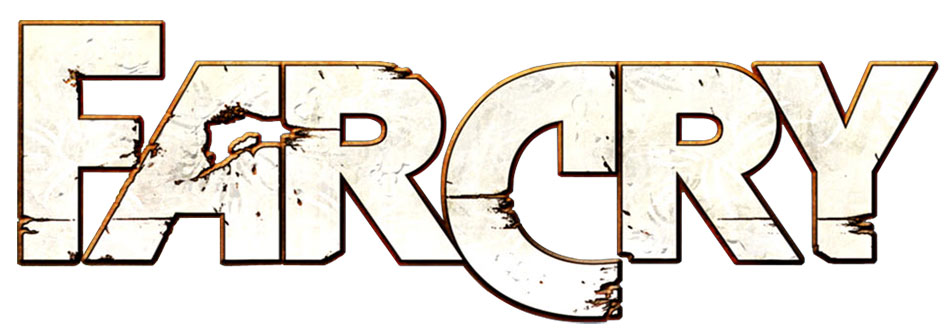
Villains provoke emotion
Personalities like Andrew Ryan and Comstock from Bioshock created factions and new worlds, without them, the world would not exist, their visions made the world viable, the game setting a reality. They created reasons for events and set pieces, setting the tone for the game. Without these villains, the game would not exist. Heroes are created to fend of villains, if there are no villains, then there are no heroes, and thus villains are essential when created right.
Even Call of Duty has jumped on the villain band wagon, focussing on Kevin Spacey’s Jonathan Irons character. Utilising a celebrity’s vast talent and exposure to create a truly unique villain was genius. It attracted outside attention and allowed the campaign to progress significantly in storytelling.
In a world where stories in video games are becoming null and void, the video games that exist to take us on a roller coaster of emotions and stories need to evolve. We don’t need to focus on set pieces and special effects anymore, instead we need to focus on raw emotion, focus on unrestricted characters, focus on a cult of personality, and focus on the villain.

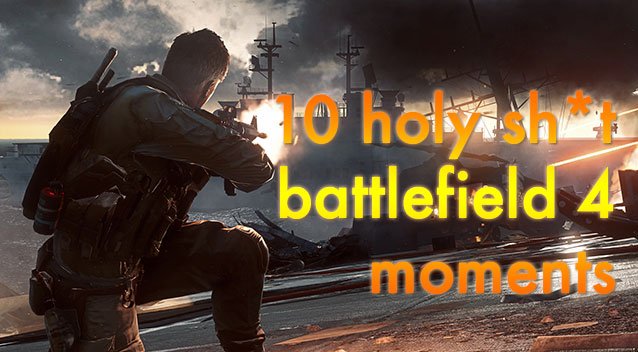
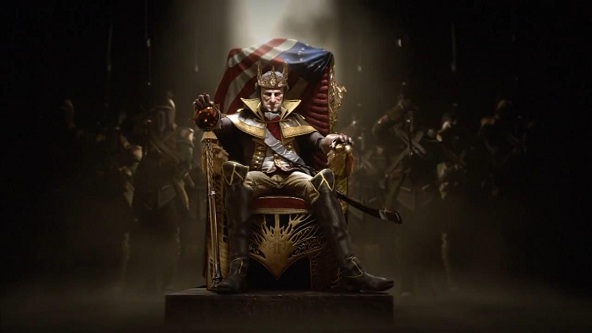

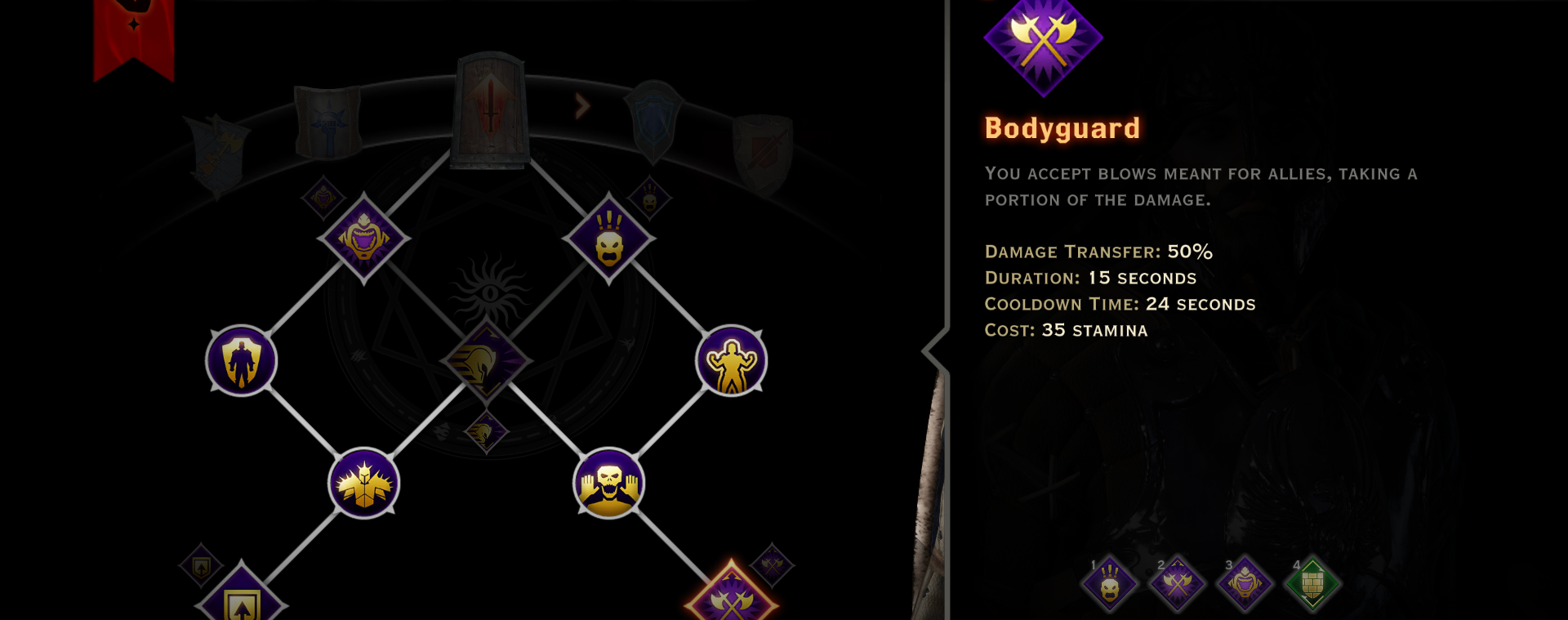
 Destiny: The Taken King How to Unlock the Nightstalker Subclass
Destiny: The Taken King How to Unlock the Nightstalker Subclass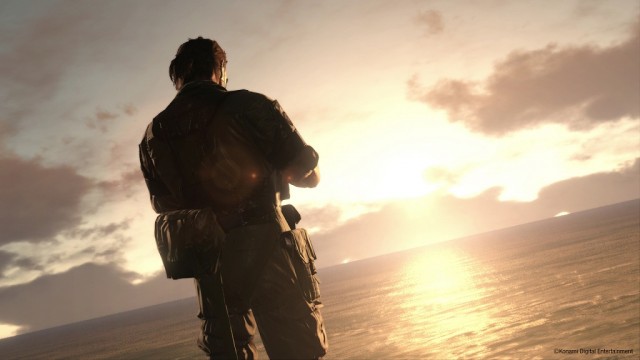 How to get all Emblems and Words in MGS V: The Phantom Pain
How to get all Emblems and Words in MGS V: The Phantom Pain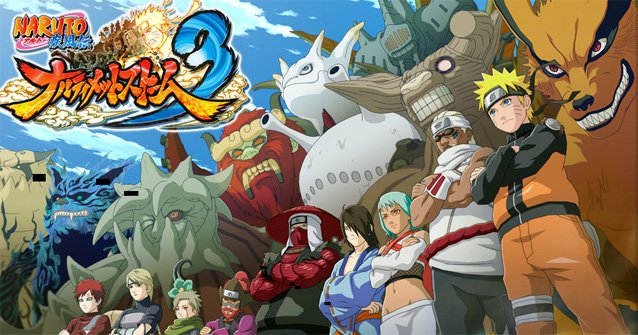 Naruto Storm 3 Cheats Guide
Naruto Storm 3 Cheats Guide Sniper Assassin 3 Walkthrough
Sniper Assassin 3 Walkthrough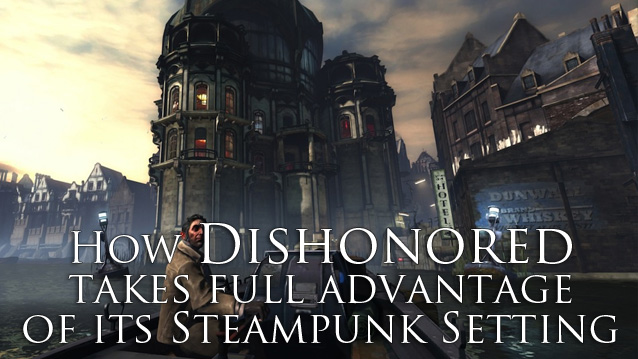 How Dishonored Takes Full Advantage Of Its Steampunk Setting
How Dishonored Takes Full Advantage Of Its Steampunk Setting